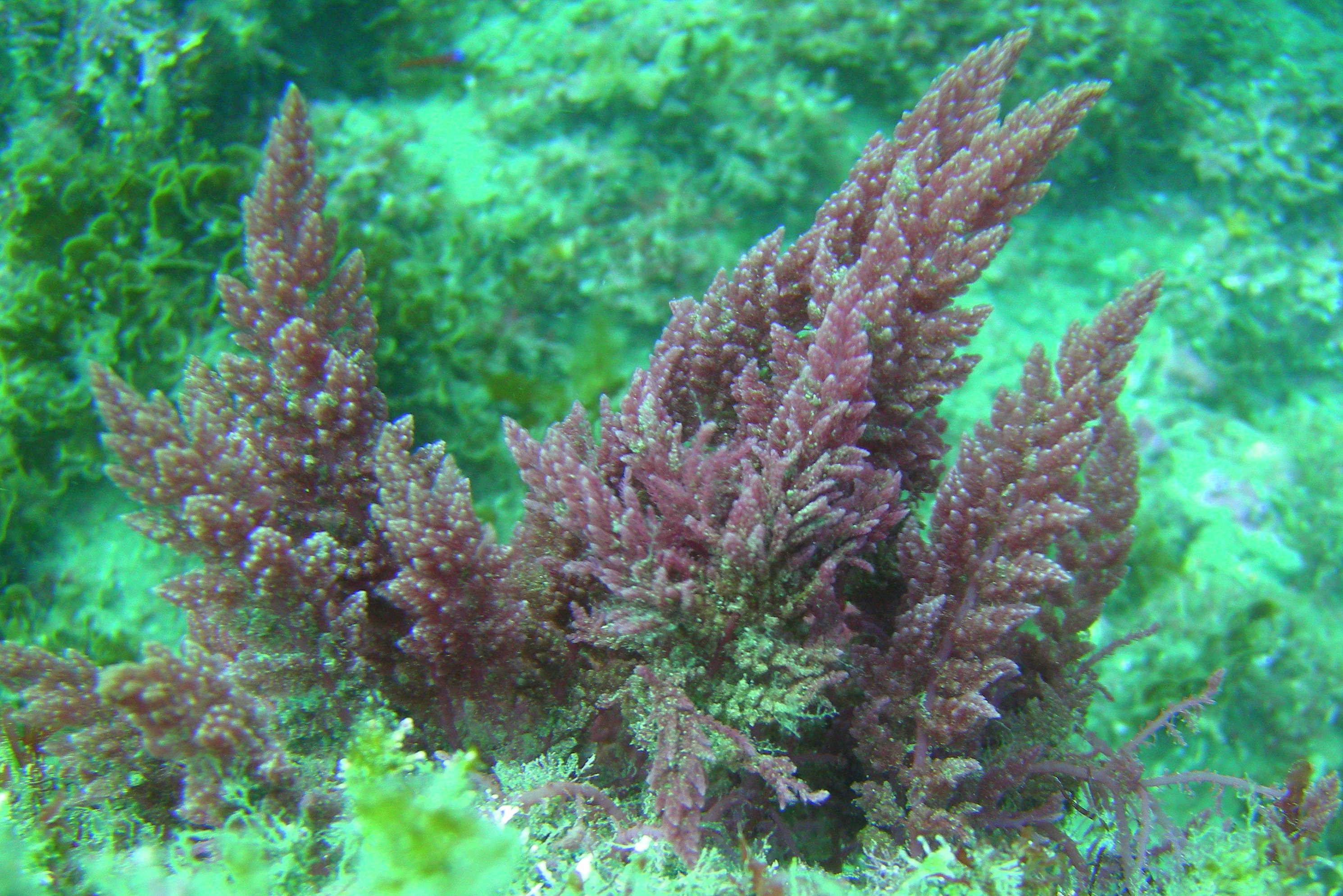I am taking an algae supplement for omega-3 (per Dr. Greger’s advice a couple months ago) – should I stop since he said blue green algae was a source? How can I find out the BMAA risk?
Alexandra / Originally posted in Diet and Amyotrophic Lateral Sclerosis (ALS)
Golden algae used to make algae-based omega-3 supplements do not appear to contain BMAA. I think the omega-3 is made from Crypthecodinium cohnii (although I have heard of other types), which is an entirely different kingdom than the blue-green algae Dr. Greger addresses this in his Q&A, “Are neurotoxins only present in blue-green algae?” and in his video, “Is blue-green algae good for you?”
I will update this information as it becomes available, but from my search I only found 8 studies on Crypthecodinium cohnii and toxins, with zero relating to BMAA. It may be worth mentioning that because of the potential risks from fish oil (toxins, PBC’s, mercury) researchers have been exploring the efficacy and safety of algae-based DHA/EPA oils. In this study, researchers said “safety issues have been raised repeatedly about contamination of toxins in fish oil that makes it no longer a clean and safe source of the fatty acid found the DHA.” They found the DHA in cultured microalgae, Crypthecodinium cohnii, to be effective in controlling cancer growth. Another study found the efficacy of algae-based EPA/DHA oils similar to that of fish oil. In other words – all of the benefits of DHA and EPA without the potential risks of contamination.
It makes sense we’d want to know DHA from golden algae are free of all contaminants like BMAA, but I am afraid we don’t have the research. There is no literature I could find on BMAA and Crypthecodinium cohnii. Furthermore, I didn’t see anything on BMAA and other algae (Crypthecodinium, Thraustochytrium, Ulkenia, Schizochytrium, Phaeodactylum, Chlorella, Monodus, or Nannochloropsis ) potentially used to make algae-based DHA/EPA supplements, according to some manufacturers.
What about chlorella is it safe? Well, it does not appear to have the toxins which may be present in blue-green algae supplements and spirulina, and it’s been shown to boost immune function even helping treat Hepatitis C, but one case study found it may cause psychosis. Now maybe it wasn’t the chlorella itself, but some toxic impurity or adulteration that caused psychosis, the researchers don’t know. While chlorella is marketed to promote mental health, this case underscores the importance of educating the public about the potential adverse effects and the need for more research in herbal products being marketed in the United States.
Lastly, yeast-based DHA may be on the rise, as food industry is catching wind of cheap ways to source DHA from Schizochytrium sp. This may provide another route to help avoid BMAA.
I suggest contacting the companies who sell algae-based or yeast-based omega-3 supplements and ask if they ever test for BMAA or other contaminates. (Gold stars for anyone who can find more literature on this topic or write to a company!). Perhaps our research fund will have the finances necessary to run such tests. I sure would like to know more!
Image credit: Ed Bierman / flickr
